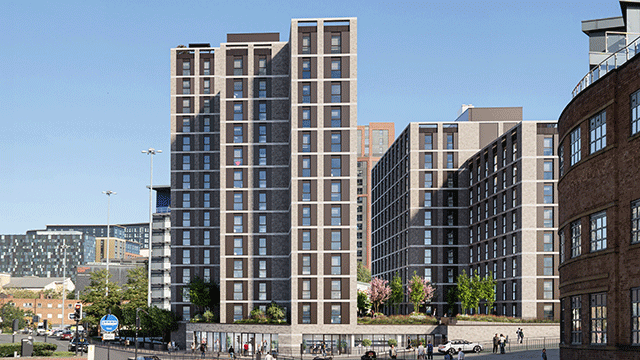Breach of contract – Non-pecuniary loss – Recoverability – Film location contract – Domestic property – Defendant film company undertaking to reinstate property after filming and indemnify claimant homeowner in respect of any negligent damage – Claim for damages for breach of agreement – Whether claimant entitled to recover for anxiety and inconvenience resulting from breach – Claim allowed
The claimant’s property was registered with a film location agency and contained a number of rooms that were decorated in 1960s and 1970s styles. In 2007, the claimant entered into an agreement with the defendant, a film production company, for the use of the property as a location. The film location agreement contained a clause by which the defendant undertook to indemnify the claimant against any loss or damage resulting from any negligence in connection with its use of the location.
During the course of filming, damage was caused to the interior and exterior of the property, including damage to the driveway, on which large and heavy equipment vehicles were parked. The claimant brought proceedings against the defendant for damages. The defendant admitted that damage had occurred and it had breached the agreement, but it disputed the amount and nature of the loss in respect of which the claimant could recover. The claimant contended that he was entitled to claim for non-pecuniary loss in respect of the anxiety that had been caused to him, since an important object of the agreement was to provide him with peace of mind; alternatively, or in addition, he submitted that he had suffered physical inconvenience as a result of the breach.
Held: The claim was allowed.
It was unlikely that a film company could obtain the use of domestic premises for filming without having to give some reassurance as to what the position would be should temporary modifications be carried out or where a lack of care on its part caused damage. One of the important objects of the contract was to provide peace of mind to the homeowner, who was permitting his property to be used as a location for a short period. This was not an ordinary commercial contract where non-pecuniary loss was not within the contemplation of the parties. It had been within the contemplation of the parties that a failure by the defendant to reinstate or indemnify in respect of damage would cause anxiety or distress to the homeowner and that such loss should be recoverable: Johnson v Unisys Ltd [2001] UKHL 13; [2003] 1 AC 518 distinguished. Moreover, the damage had caused inconvenience to the claimant of a kind that significantly interfered with his enjoyment of his property. He was entitled to be compensated in damages for that and for the inconvenience he would suffer while repairs were carried out to the driveway and to the interior of the property. An award of £1,000 was the appropriate sum in the circumstances for non-pecuniary loss of the kind suffered by the claimant: Farley v Skinner [2001] UKHL 49; [2001] 3 EGLR 57; [2001] 48 EG 131; [2001] 49 EG 120 and Eiles v Southwark London Borough Council [2006] EWHC 1411 (TCC) considered.
The overall award, including the costs of repairs and redecoration and loss of earnings, was £78,941.70 exclusive of interest.
Fred Hobson (instructed by Matthew Arnold & Baldwin, of Watford) appeared for the claimant; Tom Poole (instructed by Reynolds Porter Chamberlain) appeared for the defendant.
Sally Dobson, barrister








